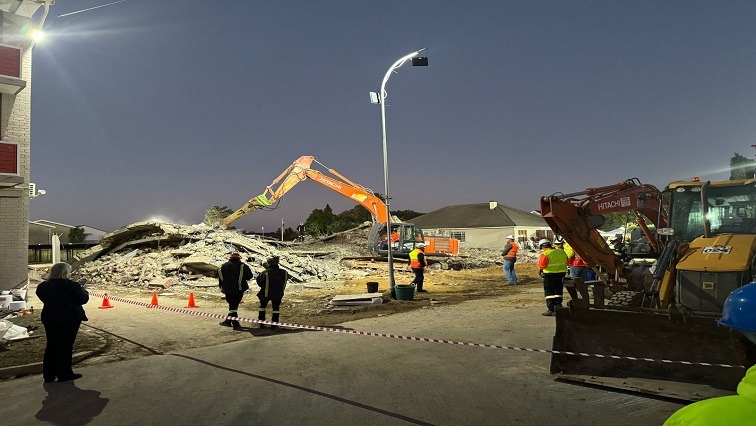The University of Nairobi has been in the news for the wrong reasons in recent times. Leadership wrangles threaten stability. Vice-chancellor Stephen Kiama has been thrust into fights as the university council makes relentless push to kick him out.
A fortnight ago, the university council that is chaired by Prof Amukowa Anangwe, sent Prof Kiama on leave and named Engineering Faculty dean Ayub Njoroge Gitau the acting VC.
Last August, Prof Kiama took a six-month leave to rest after what he had described as a gruelling run since he took office in 2020. Prof Julius Ogengo, the Deputy VC in charge of Academic Affairs, was appointed to act.
How State plans to recover lost school days New EACC leaks expose 1,400 in fake papers scamProf Kiama hardly stayed out. He returned to the university after only one month.
Insiders indicated that the leave was a plan to exit him from office but through machinations of power brokers in the government, he was able to resume duty.
Prof Kiamas reign did not start on a good footing. When he was picked as the VC in 2020, then-Education Cabinet Secretary George Magoha annulled the appointment, arguing that the selection was improper. Prof Magoha also revoked the appointment of the university council, then chaired by Prof Julia Ojiambo.
Prof Kiama went to court to challenge the decision. The Ministry of Education and the university resolved to settle the matter out of court.
The University of Nairobi case epitomises the challenge of leadership and management of public universities. Tussles between the management, councils and the ministry have made it difficult for the institutions to run smoothly.
Universities have fought hard to attain autonomy since the 1990s. This was achieved through the 2010 Constitution that disbursed power from the central government to independent institutions, including universities.
Previously, the president was the chancellor and therefore the titular head of all public universities. Most decisions, including appointment of VCs, rested with the presidency. The converse was that university administrators had no power to make independent decisions.
It was President Mwai Kibaki, who coming to power in 2002, changed this administratively by appointing individuals as chancellors.
But it was not until 2012, when the law was changed through the publication of the University Act that the universities got the powers to competitively select candidates for the positions of chancellor, VC and deputy VC.
The objective was to create a clear separation between the university and state and through that give the institutions the requisite autonomy to function as independent centres for academic excellence.
Unfortunately, that autonomy has not been achieved. Universities remain entrapped in the binds of state authoritarianism. Matters have been made worse by the fact that the appointment of chancellors, university councils and VCs is deeply political and mysterious at times.
Prof Anangwe, for instance, is a seasoned politician, who served as an MP and Cabinet minister in President Daniel Toroitich arap Mois government.
In 2022, he made attempts to contest the Kakamega governor seat but did not make it to the ballot box.
The previous chair of the UoN Council, Prof Ojiambo, is another politician, who served as MP for Funyula in Busia for two terms in the 1970s and 1980s and rose to become an assistant minister. She served as a Nominated MP from 2002 to 2007.
The trouble with such figures is that they make decisions largely with a political lens. Professional considerations take a back burner. Efforts to entrench academic freedom and independence are scuttled at every step.
Even so, Prof Kiama has not made things any better. His administration hurtles from one controversy to another with negative consequence on the UoNs status and reputation.
Earlier, he came up with a plan to abolish schools and colleges and consolidate the university administration into faculties.
In the same breadth, administrative positions such as deputy VCs were scrapped, contrary to the Universities Act.
Some of the decisions were challenged in court and quashed. However, some like abolishing schools and institutes were implemented but instead of being transformative, they created confusion.











